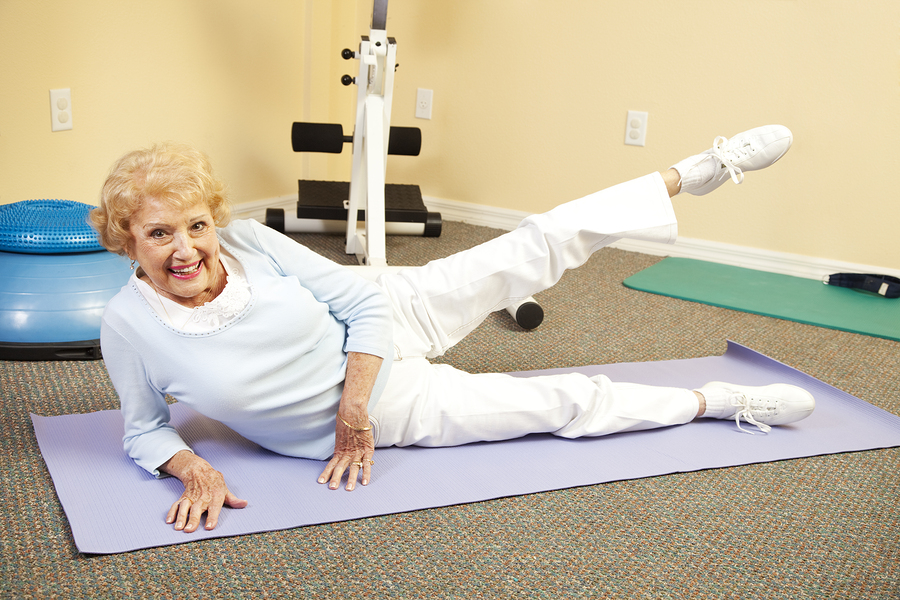
Most people associate obesity with an increased risk for many different kinds of health problems, including heart disease and diabetes. However, recent scientific research suggests that carrying excess pounds might also put them at risk for their brain aging more quickly. This could lead to serious cognitive problems, including dementia.
Weight and the Brain
To determine how weight and rate of cognitive decline might be linked, researchers conducted a study involving 1,289 people who were of an average age of 64. About two-thirds of them were of Hispanic heritage. At the start of the study, the researchers took baseline measurements of the participants’ body mass index (BMI), which showed:
- 346 participants had a healthy BMI of under 25.
- 571 had a BMI between 25 and 30, which is considered overweight.
- 372 had a BMI of 30 or higher, making them obese.
They also measured the waistlines of the participants, which provided the following information:
- Those with a healthy BMI had an average waist measurement of 33 inches.
- Overweight participants had an average waistline of 36 inches.
- The participants who were obese had an average waist measurement of 41 inches.
The researchers followed the participants for an average of 6 years, then followed up with an MRI to look at cortical thickness as well as brain volume. They discovered that the participants who had larger waists and higher BMI scores were more likely to have thinning in the cortex of the brain. The researchers say that this indicates that being overweight could be a factor in brain health.
Weight Loss for Older Adults
Studies like this strengthen the evidence for reaching and maintaining a healthy weight. Of course, losing weight is sometimes no easier for older adults than it is for anyone else. The basics of weight loss are still what work best. They are:
- Use up more calories than are consumed.
- Eat a diet that includes more fruits, veggies, fish, whole grains, and lean protein.
- Limit foods that are high in calories but offer little in the way of nutrition.
- Don’t try fad diets. The results seldom last.
Experts also say that seniors will have more success at weight loss if they do the following:
- Include strength training in their exercise routine since it helps to build muscle, which uses more calories than fat.
- Add extra protein to their diet.
- Drink more water.
- Eat several small meals and snacks instead of three larger ones to help speed up metabolism.
Home health care providers can assist older adults to lose weight. A home health care provider can cook healthy meals and snacks, making the portions smaller and offering food every three hours. Home health care providers can also make sure the senior drinks plenty of water throughout the day. In addition, a home health care provider can drive the older adult to an exercise facility to use the strength training equipment or to take a class.
Sources: https://www.medicalnewstoday.com/articles/325854.php
https://www.webmd.com/healthy-aging/features/dieting-tips-older-adults

